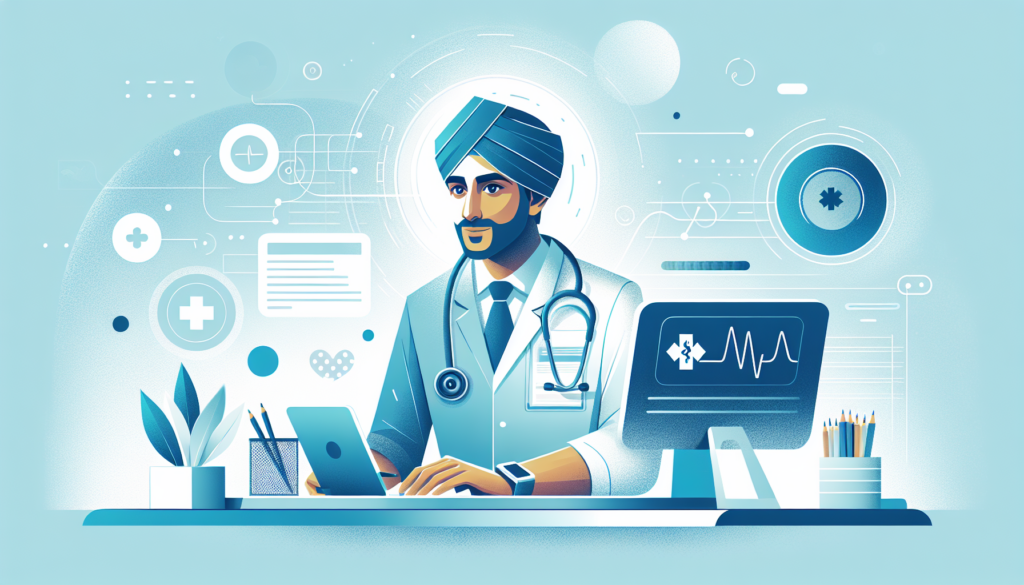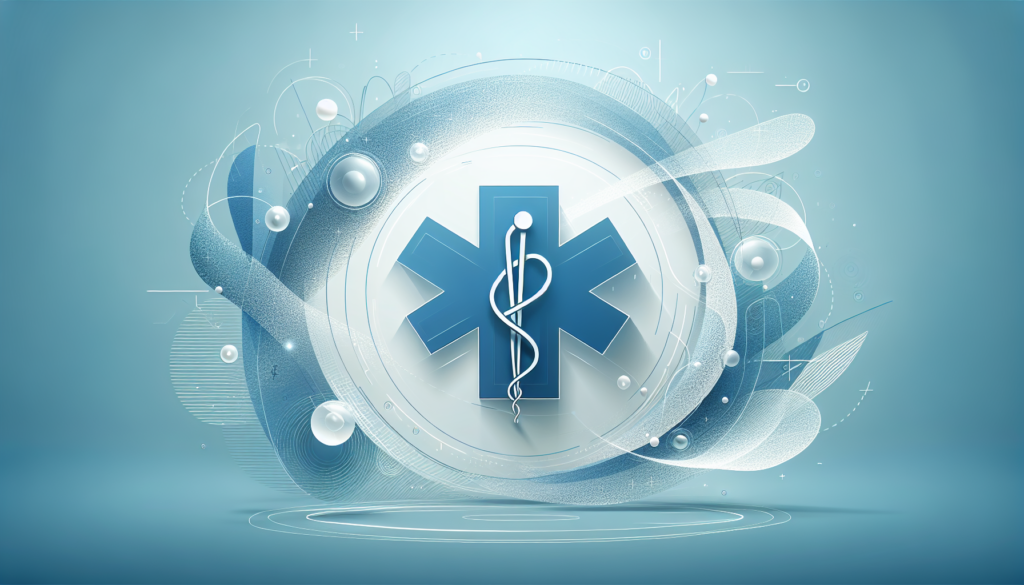Decoding Medical Terminology Suffixes: A Fundamental Skill for Healthcare Professionals
Medical terminology is a language all its own, a critical tool for professionals in the healthcare industry. In particular, medical suffixes can help us understand the meaning of various terms, from diagnoses to procedures. Grasping these suffixes is not just about vocabulary; it ensures professionals can communicate effectively and deliver quality care to patients. In an era where accuracy is paramount, comprehending these suffixes could be the difference in the quality of care provided.
Let’s take a closer look at why suffixes are so important. A suffix in medical terminology acts as a key descriptor in determining the nature of the illness or the procedure. For example, ‘-itis’ denotes inflammation, thus ‘arthritis’ refers to inflammation of a joint. Recognizing these suffix patterns is essential for healthcare professionals when documenting medical records or conveying complex information to patients and colleagues.
Essential Medical Suffix Categories to Master
Common Suffix Types and Their Meanings
- -algia: Refers to pain (e.g., neuralgia – nerve pain)
- -ectomy: Indicates the surgical removal of something (e.g., appendectomy – removal of the appendix)
- -osis: Denotes a condition, often one that is abnormal (e.g., neurosis – a condition of the nerves)
- -otomy: Describes the process of cutting or making an incision (e.g., tracheotomy – an incision in the windpipe)
- -ostomy: Refers to the creation of an opening (e.g., colostomy – opening of the colon)
Impact On Medical Documentation and Practice
Given the many suffixes that exist within medical terminology, mastery of them is an appreciable skill for medical practitioners. This knowledge translates directly to the accuracy and comprehensiveness of medical documentation. An advanced tool like Scribemd, which acts as an AI digital scribe, can also recognize and apply these suffixes appropriately when generating medical notes, thus enhancing the utility and reliability of its service.
How Technology Can Aid in Understanding Medical Suffixes
With medical terminology continually evolving, keeping up-to-date can be daunting. Fortunately, technology plays a pivotal role in simplifying this aspect of healthcare. AI-powered platforms leverage sophisticated language models to comprehend and utilize medical suffixes, which in turn, streamlines the process of charting medical notes. This shift towards digital assistance in medical documentation can greatly alleviate the administrative burdens faced by medical professionals.
For instance, doctors often have to multitask between patient care and paperwork. A platform like Scribemd, equipped with state-of-the-art AI capabilities, can listen in on consultations, understand context using these medical suffixes, and draft medical notes accurately. This level of automation and precision enables doctors to devote more attention to their patients, enhancing both patient satisfaction and care.
[aib_post_related url=’/medical-scribe/’ title=’Become a Pro at Charting: The Ultimate Guide to Medical Scribe Mastery’ relatedtext=’You may also be interested in:’]
Conclusion
The role of medical terminology suffixes in healthcare cannot be understated. They form the bedrock of clinical communication, ensuring that complex medical concepts are conveyed succinctly and precisely. For healthcare professionals, continued learning and mastery of these suffixes are paramount to maintain the highest standard of care.
[aib_post_related url=’/medical-transcriptionist/’ title=’Medical Transcriptionist: The Essential Guide to Launching Your Career’ relatedtext=’You may also be interested in:’]
Furthermore, as the healthcare industry embraces technological advancements, tools like Scribemd become indispensable. They support the medical community by ensuring that the documentation they create is not only prompt but enriched with the precision of medical terminology. The integration of technology is no longer just an option; it is a necessity for those looking to keep pace with the demands of modern medicine.
[aib_post_related url=’/medical-abbreviations/’ title=’Master Medical Abbreviations: The Ultimate Guide for Healthcare Professionals’ relatedtext=’You may also be interested in:’]
Key Takeaways
| Takeaway | Description |
|---|---|
| Importance of Suffixes | Understanding medical terminology suffixes is critical for clear communication in healthcare. |
| Common Suffix Types | -algia, -ectomy, -osis, -otomy, -ostomy are a few examples of medical suffixes that indicate specific conditions or procedures. |
| Technology in Medicine | AI-powered documentation tools like Scribemd help in charting medical notes efficiently, recognizing and using medical suffixes accurately. |
| Enhanced Patient Care | With automated note-taking, medical professionals can focus more on patient care rather than paperwork. |




So, suffixes are like the secret sauce to sounding smart in scrubs, huh?
Ever wonder if itis means party in the body? Inflammation party, yikes!
Anyone else think mnemonics for suffixes could be a game changer for memory?